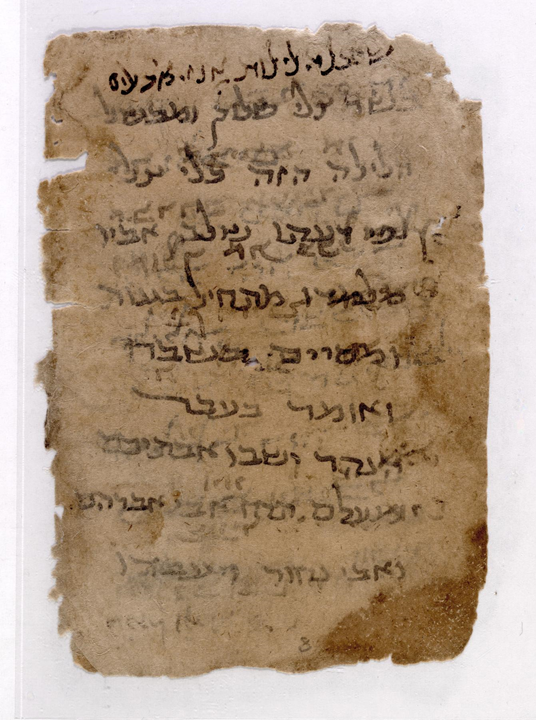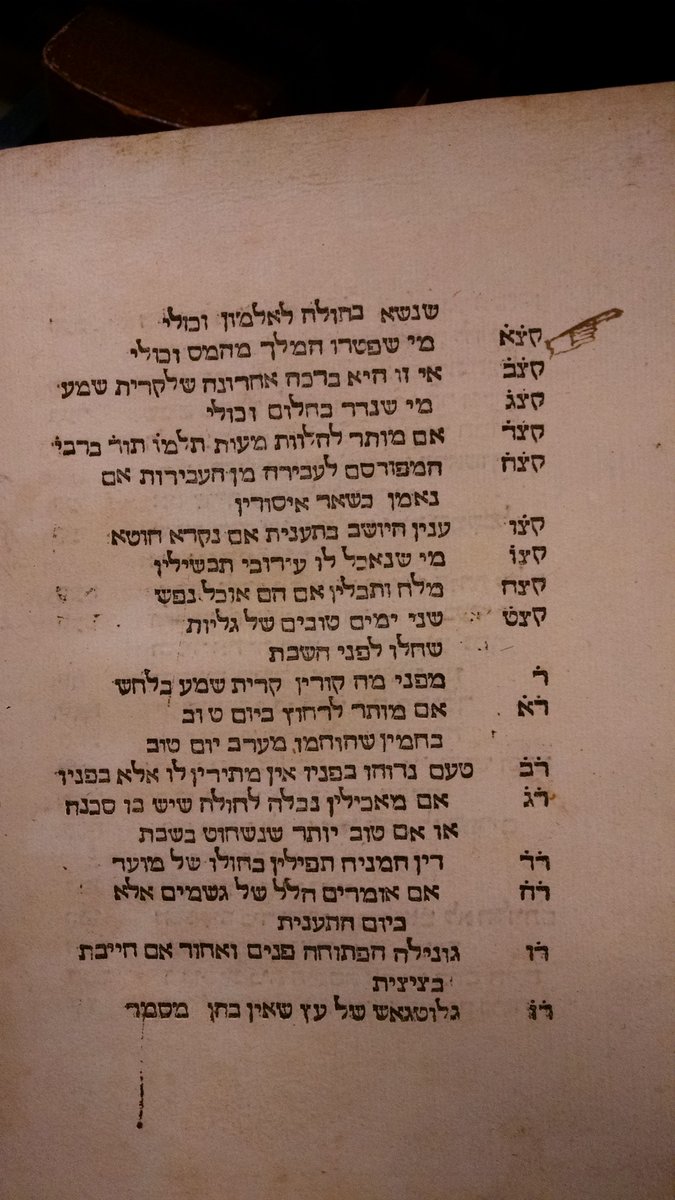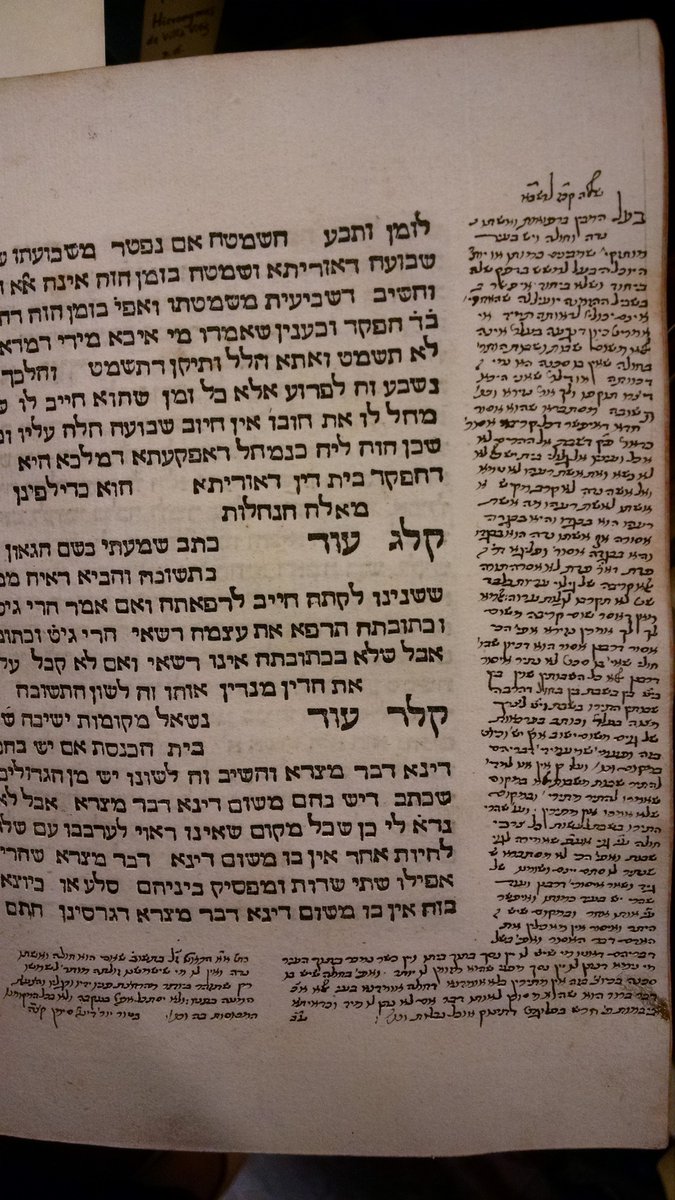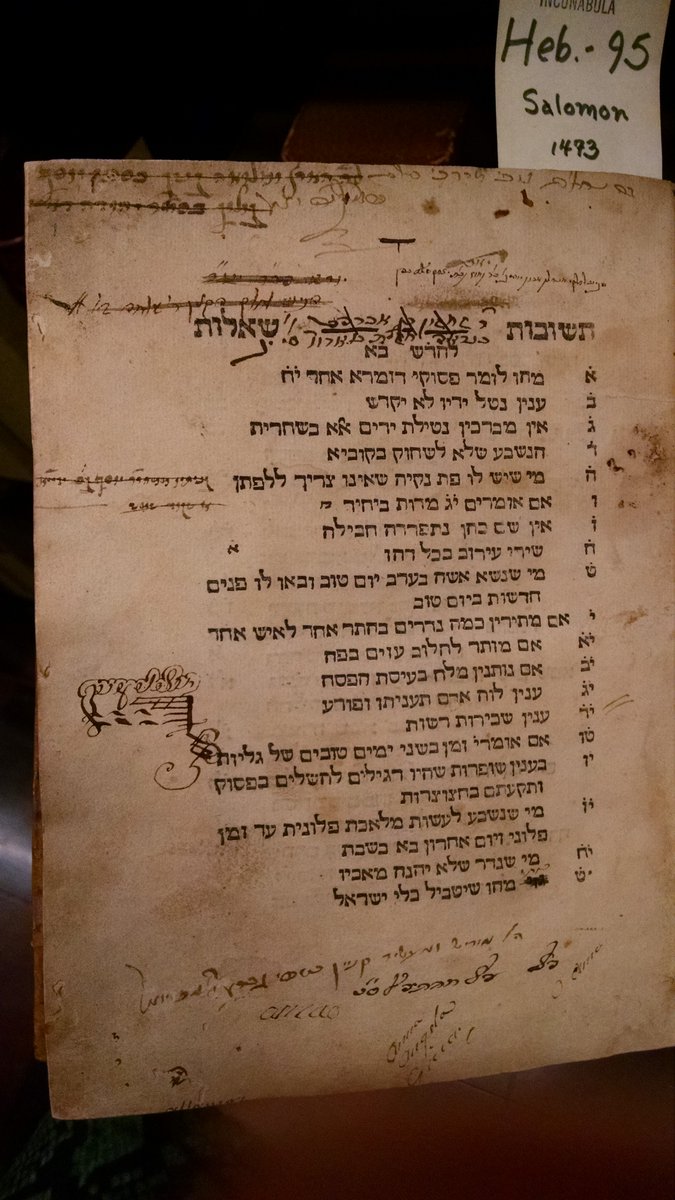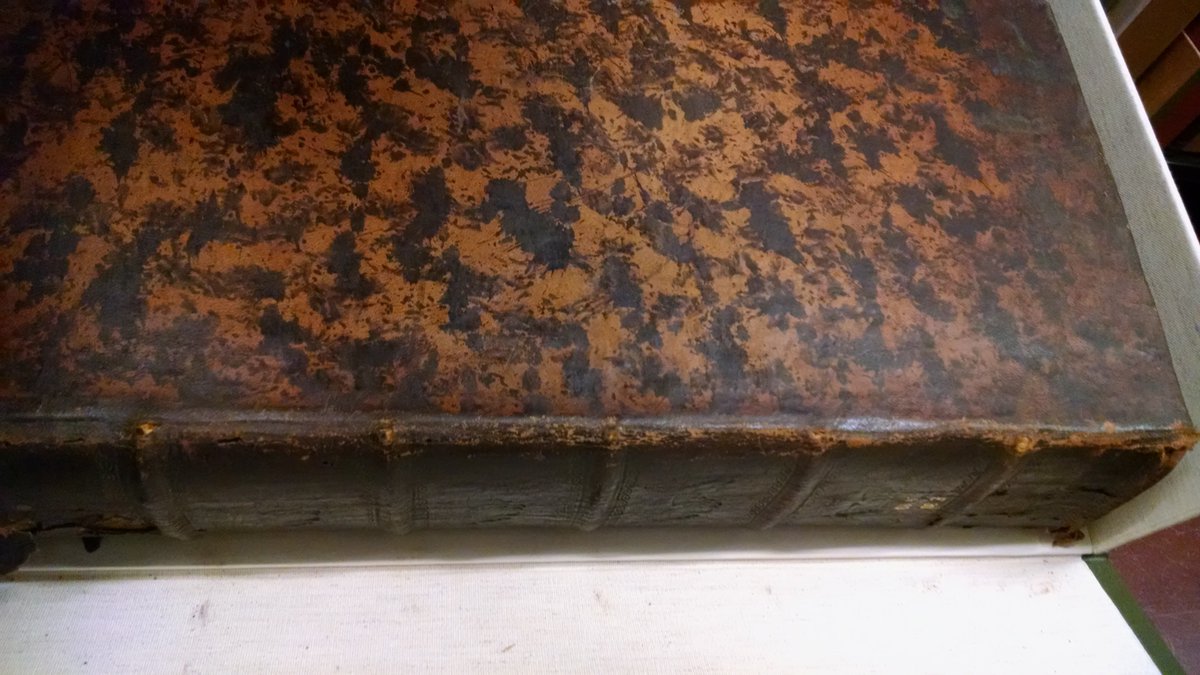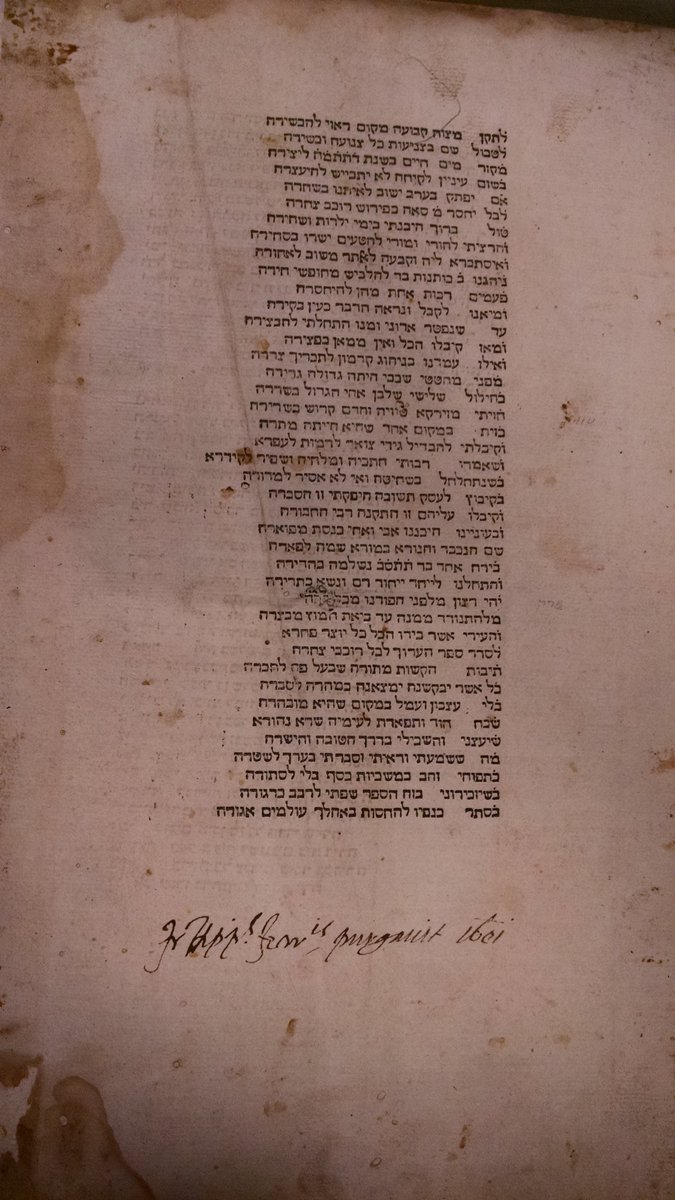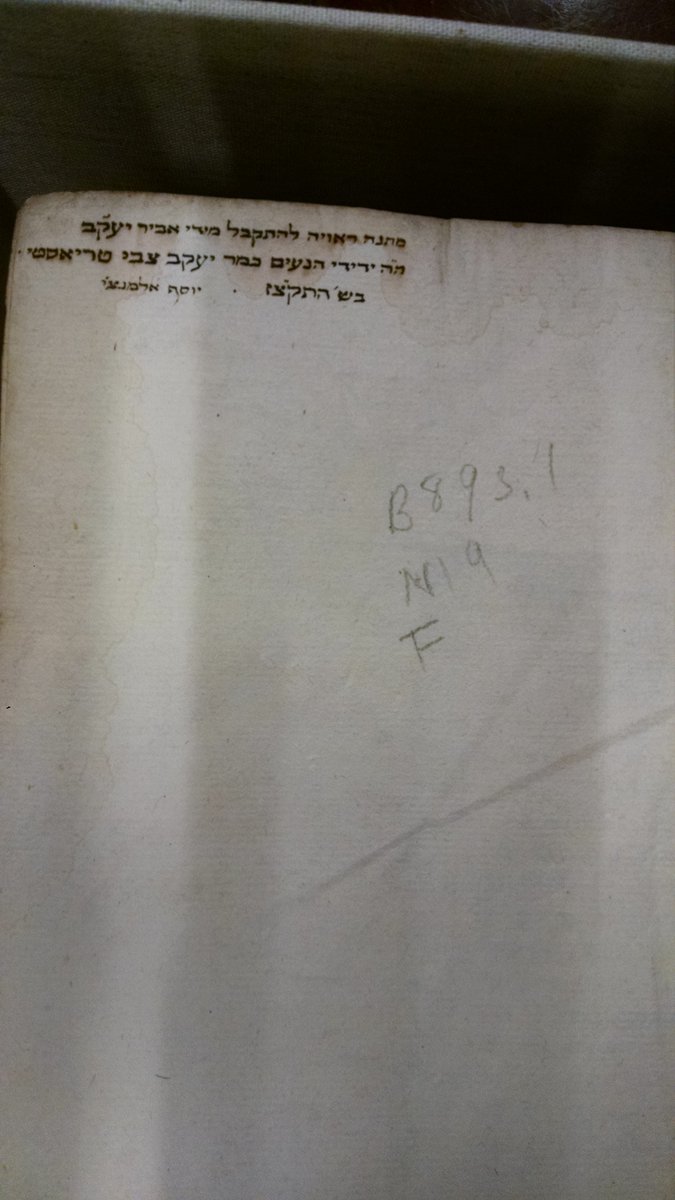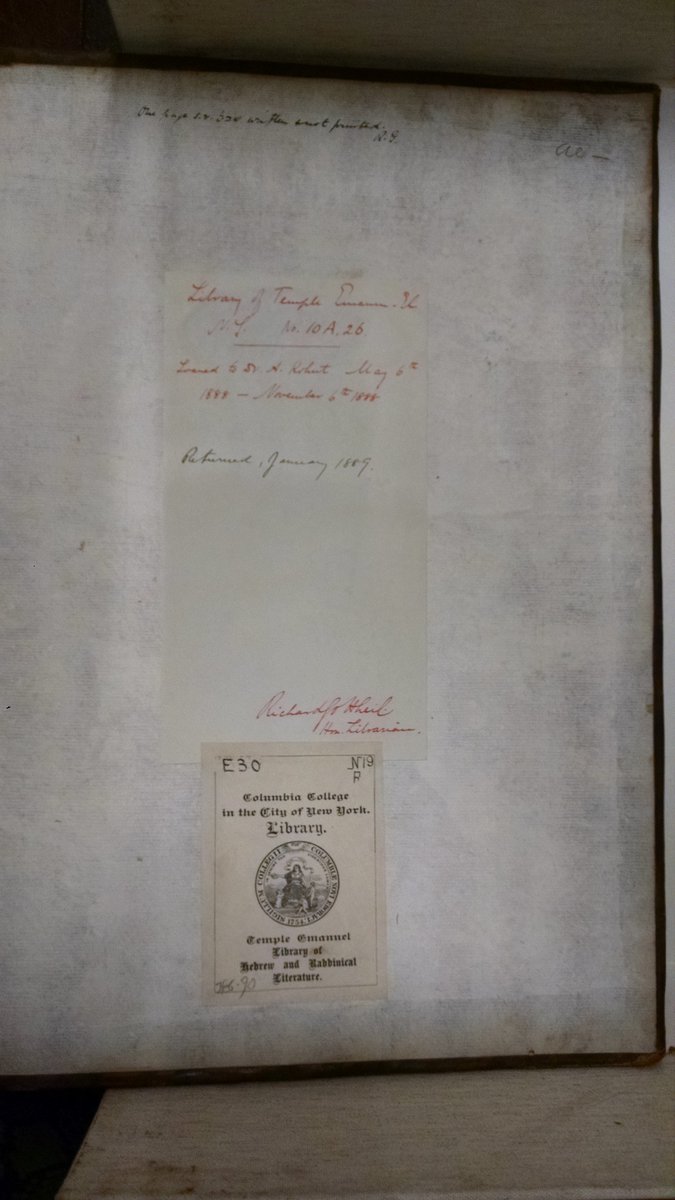
A lot of really good nuance here.
“If the drive to tell stories comes from defending rather than celebrating, the stories will not be compelling.”
“If the drive to tell stories comes from defending rather than celebrating, the stories will not be compelling.”
https://twitter.com/prof_dainy/status/1417478249685323785
As someone who celebrates my own Orthodoxy, I think it’s critical to listen to those who left (that doesn’t mean accept every word uncritically when there is clear sensationalism and lying, as with JH, but allow yourself to hear and learn when it’s sincere, as this piece is).
There are so many factors that impact people’s lives - I’ve experienced some of the dark side, but I am grateful to have mostly had incredible people in my life, which makes a huge difference in how I live and practice.
I also was privileged to have access to the ears of the “elite” when I needed to bring up serious issues that I encountered, but again, I know very well that my personal situation is not everyone else’s.
So I guess if I’m making any point here, it’s share your joy - and if you are able, try hard to listen to others.
I should add - I LOVE the #myorthodoxlife movement (including those that weren’t all sunshine and roses), and the @normalfrumwomen podcast is a new favorite. I agree that it should stand in its own right, not just next to/because of people with negative experiences/perspectives.
• • •
Missing some Tweet in this thread? You can try to
force a refresh






